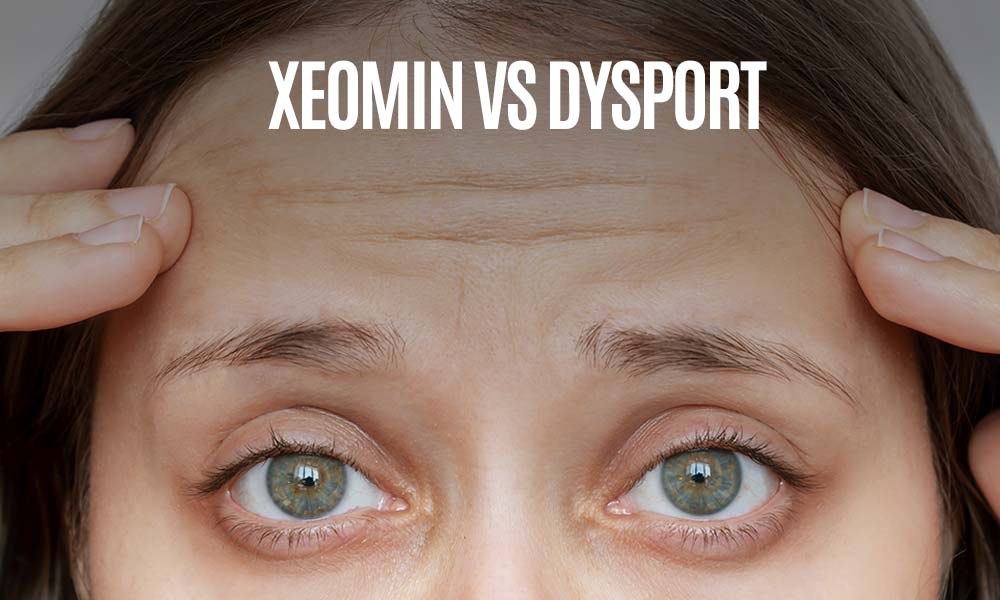
Home /

We’ve all been there, picking at a breakout, only to regret it later when scars stick around as an unwelcome souvenir. Acne scars are more than just a surface issue; they can hit your confidence hard. But is there hope for smoother skin? Absolutely! With the right treatments and a little patience, you can significantly fade those pesky scars.
Let’s dive into proven solutions for how to get rid of acne scars and take a step closer to the radiant skin you deserve.
Before tackling acne scars, it’s crucial to know what you’re dealing with. Acne scars come in various shapes and sizes, each requiring specific treatment.
Acne scars can be stubborn and impact your confidence, but a range of medical treatments can significantly improve skin texture and appearance. These treatments address different types of scars, from atrophic depressions to raised hypertrophic scars.
Here’s a closer look at the most effective medical options:
Chemical peels use exfoliating agents like glycolic acid, salicylic acid, or retinol to remove the damaged outer layers of skin. This process stimulates cell turnover and boosts collagen production, resulting in smoother skin.
Microneedling uses a device with tiny needles to create controlled micro-injuries in the skin. These injuries stimulate the body’s natural repair process, increasing collagen and elastin production.
Laser treatments like fractional CO2 and erbium lasers target deeper layers of skin, breaking down scar tissue and promoting new skin growth. These non-invasive options improve skin texture and reduce scar depth.
Dermal fillers, such as hyaluronic acid, can be injected into depressed scars to temporarily plump up the skin, creating a smoother surface. While not a permanent solution, fillers can provide immediate improvements.
Cortisone injections are specifically used for raised, hypertrophic scars. By reducing inflammation, these shots can flatten scars and make them less noticeable.
Each of these treatments has its strengths, and combining therapies under the guidance of a dermatologist often yields the best results. Whether you’re dealing with discoloration or deep pitting, medical treatments can pave the way to smoother, more radiant skin.
Scars don’t define you, and they certainly don’t have to be permanent. With advancements in dermatology and a slew of effective home remedies, achieving smoother, clearer skin is within reach.
Ready to start your journey to a scar-free complexion? Check out Forever Young Medispa and explore expert solutions tailored to your skin’s unique needs.
Here’s to confidence, glow, and a future without scars!
Fading depends on the scar type. PIH may fade within months, while deeper scars might require professional treatments.
Mild scars can improve with OTC products like retinol and vitamin C. For severe scars, professional help is best.
While diet alone doesn’t heal scars, a balanced diet rich in vitamins and antioxidants supports skin repair.
Microneedling involves some discomfort but is generally well-tolerated, especially with numbing cream.
Combination therapies like microneedling and laser resurfacing offer the best results for deep atrophic scars.

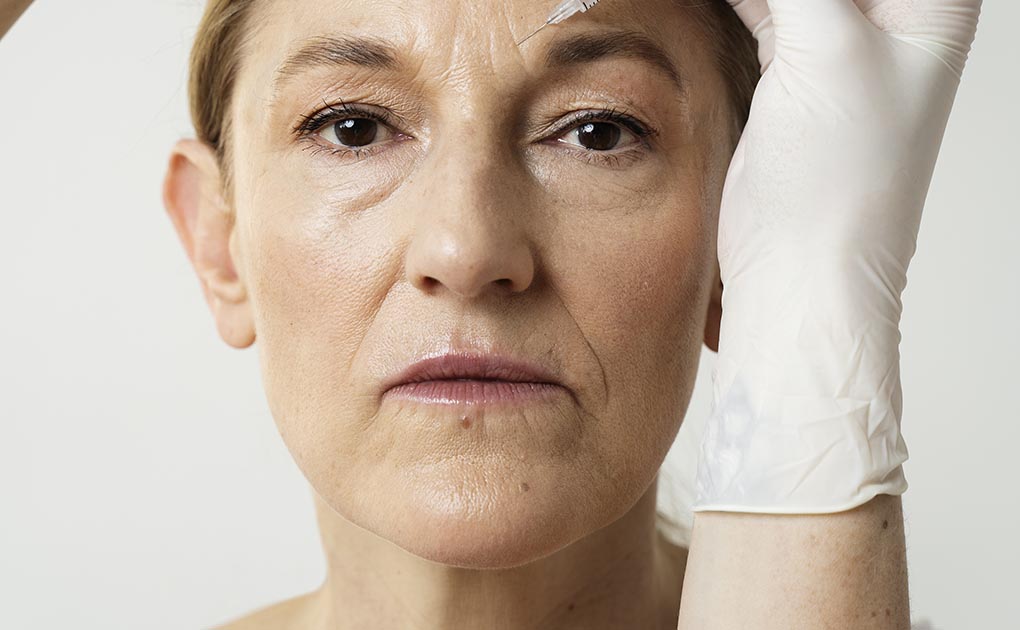
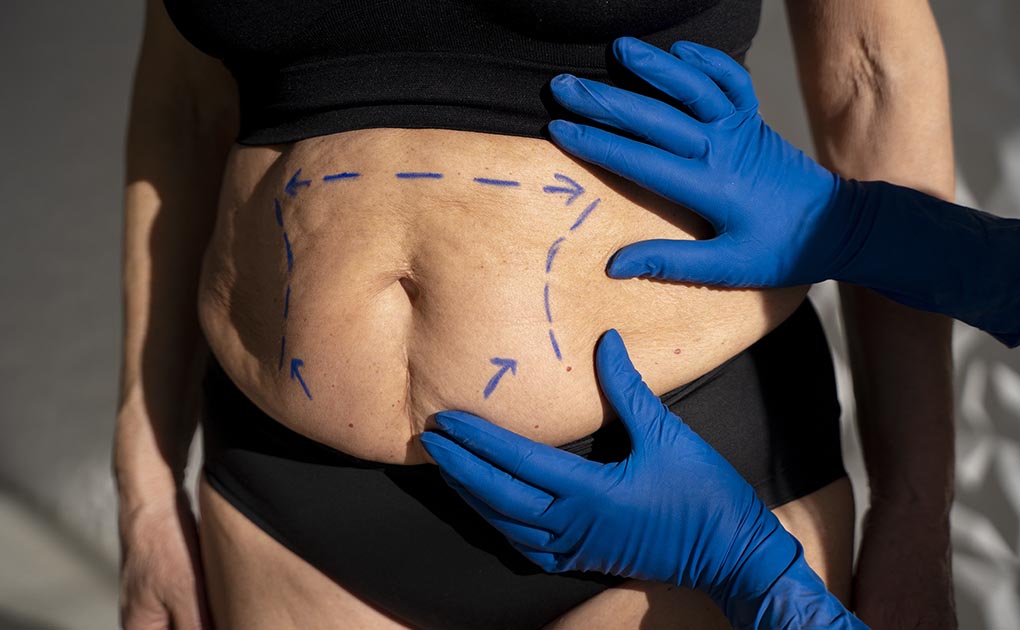
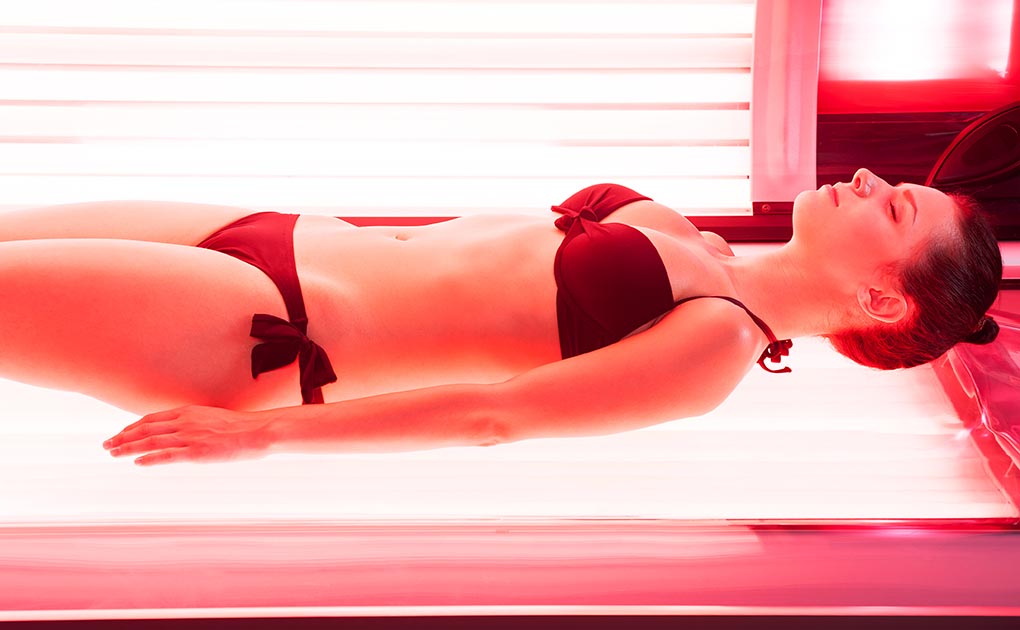

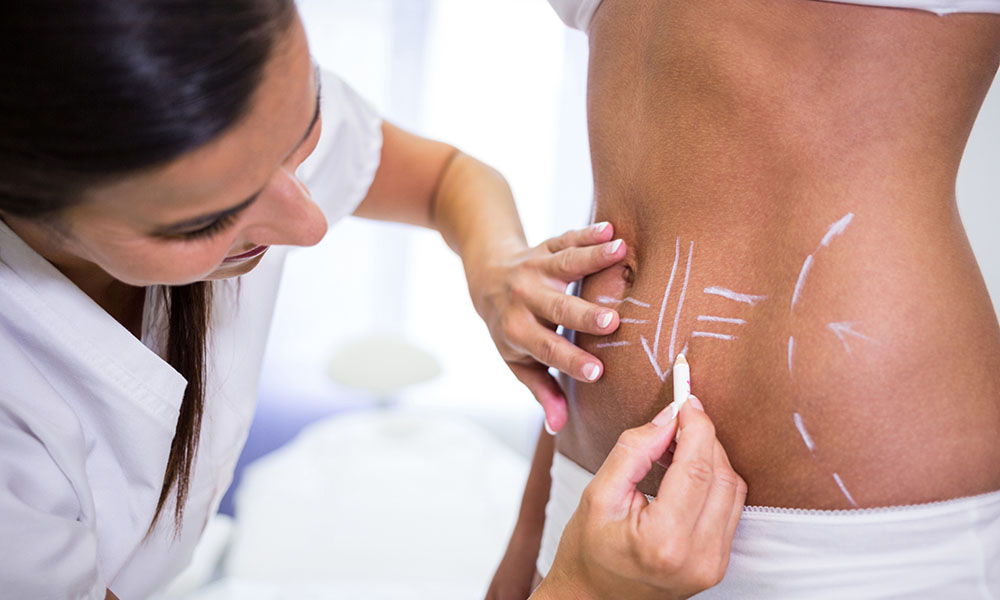
Join our email list for new treatment updates, promotions, special events + more!